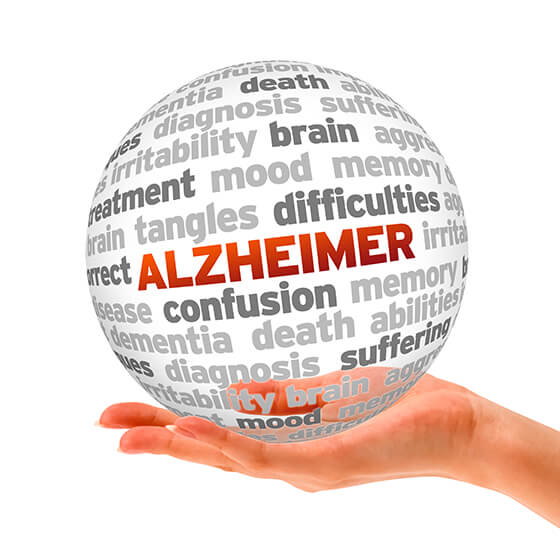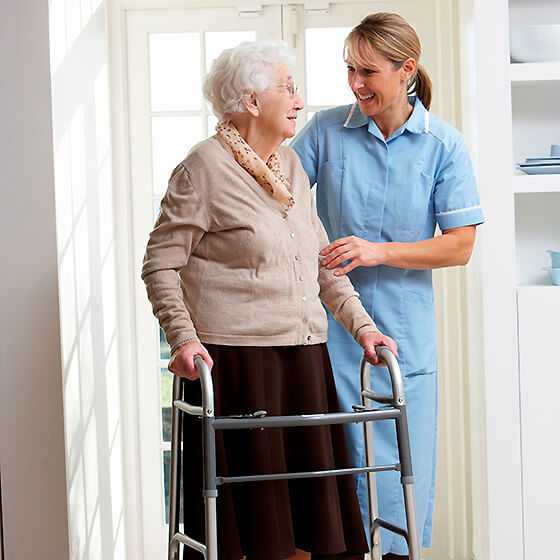Anosognosia and Alzheimer’s Disease
Anosognosia, pronounced ‘uh-no-sog-NOH-zee-uh’, is a condition that sometimes affects people with Alzheimer’s disease which impairs their ability to understand that they are being affected by an illness. In etymology, anosognosia means “to not know a disease” in Greek: a- (without) + nosos (disease) + gnosis (knowledge). Thus, anosognosia is more than just denial is a complex condition that can vary in severity over time. Your loved one may have more recognition of their condition at times, and other times have a total lack of awareness. This varying degree of awareness...Read More


